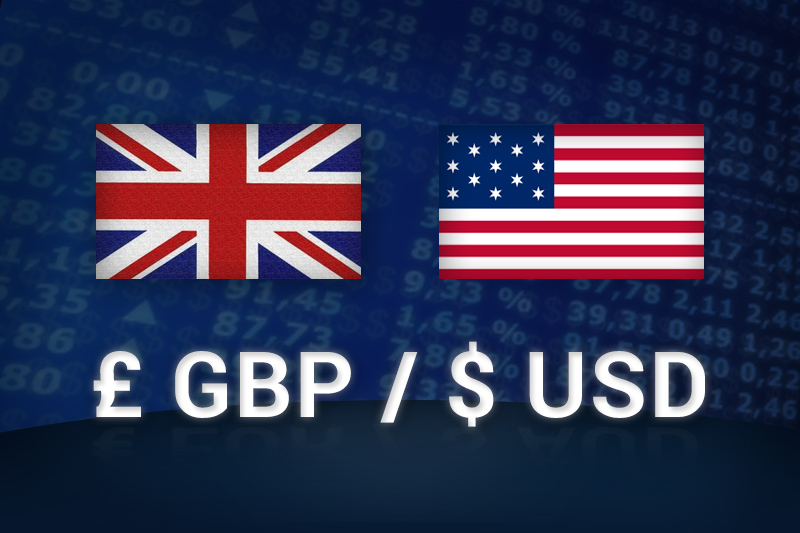Investing.com - The pound fell against the dollar on Thursday after U.K. retail sales numbers missed expectations while U.S. weekly jobless claims figures pointed to noticeable recovery labor market
In U.S. trading on Thursday, GBP/USD was trading down 0.38% at 1.6979 up from a session low of 1.6966 and off a high of 1.7053.
Cable was likely to find support at 1.6952, the low from June 25, and resistance at 1.7095, Wednesday's high.
The pound softened the Office for National Statistics reported that U.K. retail increased by 3.6% compared with June 2013 and by 0.1% compared with May 2014.
Markets were expecting a 3.9% yearly gain and a 0.3% monthly increase.
Meanwhile in the U.S., the dollar firmed against the pound earlier after data revealed initial jobless claims fell to an eight-year low.
The U.S. Department of Labor reported earlier that the number of individuals filing for initial jobless benefits in the week ending July 19 declined by 19,000 to 284,000, down from the previous week’s total of 303,000.
Analysts had expected jobless claims to rise by 5,000 to 308,000 last week, and the positive numbers fueled speculation that the Federal Reserve may hike interest rates sooner than markets once anticipated.
While the Fed is seen closing its monthly bond-buying stimulus program likely in October, uncertainty as to how much time will pass from that point until rate hikes begin makes the dollar move on both positive and negative indicators.
A separate report showed that U.S. new home sales dropped by 8.1% to 406,000 units last month, worse than expectations for a decline of 5.3%, pointing to underlying weakness in the housing sector.
Elsewhere, sterling was down against the euro, with EUR/GBP up 0.37% at 0.7929, and down against the yen, with GBP/JPY down 0.03% at 172.90.
A preliminary reading of the euro zone manufacturing purchasing managers’ index rose to a two-month high of 51.9 for July, beating market calls for a 51.7 reading. The bloc’s services PMI jumped to a 38-month high of 54.4, beating expectations for a 52.7 reading.
Private sector activity in Germany also expanded in July, with the country’s services PMI jumping to a 37-month high. The French service sector also expanded this month, but the contraction in the country's manufacturing sector deepened.
On Friday, the U.K. is to release preliminary data on second quarter gross domestic product, the broadest indicator of economic activity and the leading measure of the economy’s health.
The U.S. is to round up the week with data on durable goods orders.
